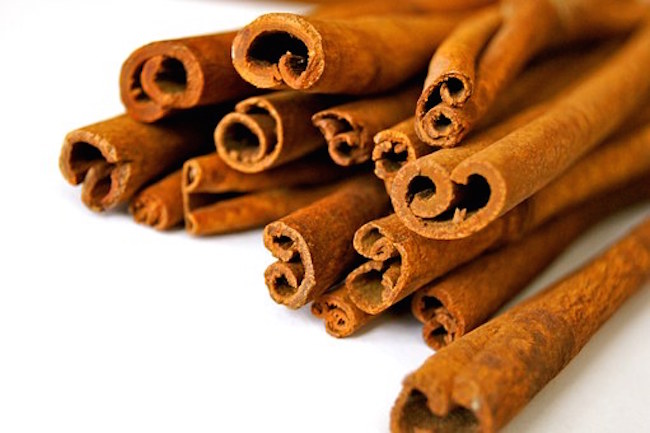Slow Up Type II Diabetes With Cinnamon And Ginseng by: Off The Grid News
Herbal medicines, which include such ingredients as cinnamon and ginseng, have gained enormous acceptability with the public in the past 10 years. They’ve accomplished this despite the fact that research in peer-reviewed journals has not supported them. This popularity spike has now been exacerbated by the entry of big money (drug companies) into the herbal market. They come along with their millions of dollars in promotional activity.
Now all the nay-sayers in the medical profession, who have been saying that herbal treatments are for barefoot doctors and goofy vegetarians, may have to eat crow. Two long-touted herbs are proving to be potent agents in the prevention and treatment of adult-onset diabetes. (This kind I like to call “nutritional diabetes,” as it’s the diabetes one gets later in life from carbohydrate and sugar abuse). In addition, the proving grounds for these two herbs, cinnamon and ginseng, are pretty impressive.
Cinnamon Maintains Your Body’s Insulin Levels
As for cinnamon, researchers from the U.S. Agricultural Research Service in Maryland say the herb may prevent diabetes by helping the body use insulin more efficiently.
The researchers have identified a chemical called “methyl hydroxy chalcone polymer” in cinnamon. It works, reports New Scientist magazine, by making fat cells more responsive to insulin. Here’s why this is important: experts call nutritional diabetes “insulin-resistant” diabetes in the trade because the body doesn’t use the insulin it has. Therefore, the blood sugar level goes up. (In childhood diabetes, the glands in the pancreas that make insulin go on strike and don’t manufacture any more insulin. This is called type I diabetes).
Nutritionist Richard Anderson of the Agricultural Research Service, said: “We recommend people take a quarter to a full teaspoon a day of cinnamon, perhaps in orange juice, coffee, or on oatmeal.” Thus far, researchers have only conducted tests on laboratory mice. However, the studies have demonstrated that the chemical in cinnamon – methyl hydroxy chalcone polymer – can reduce high levels of sugar in the blood.




